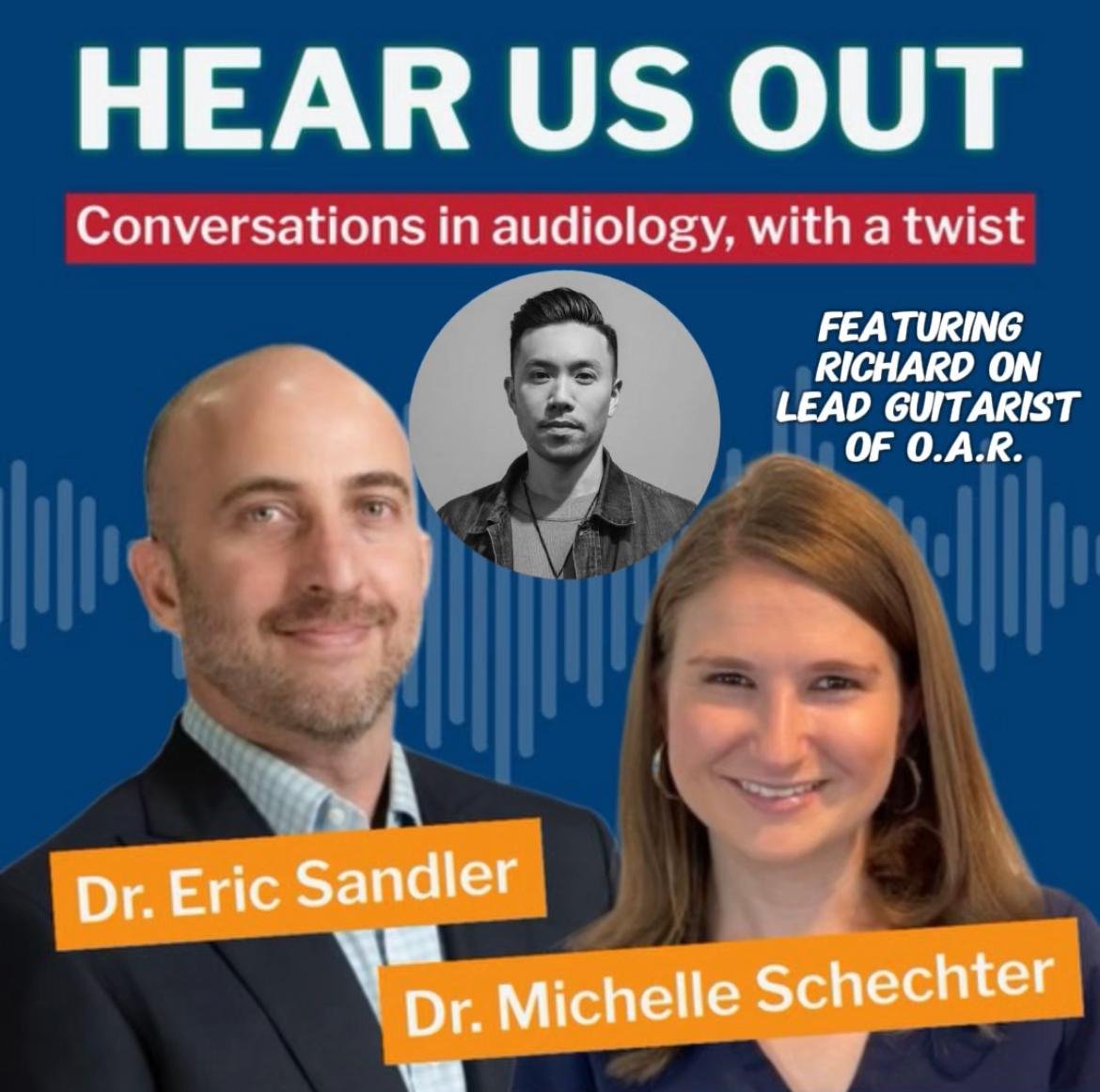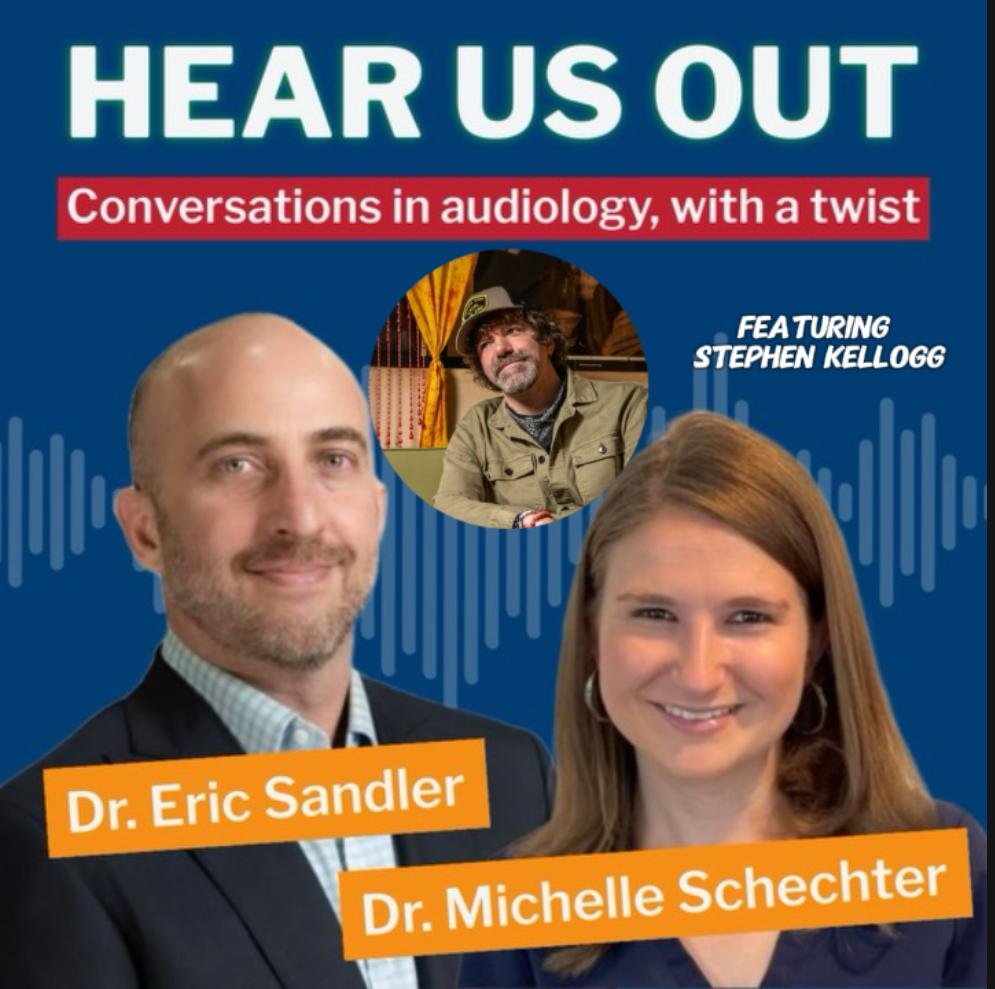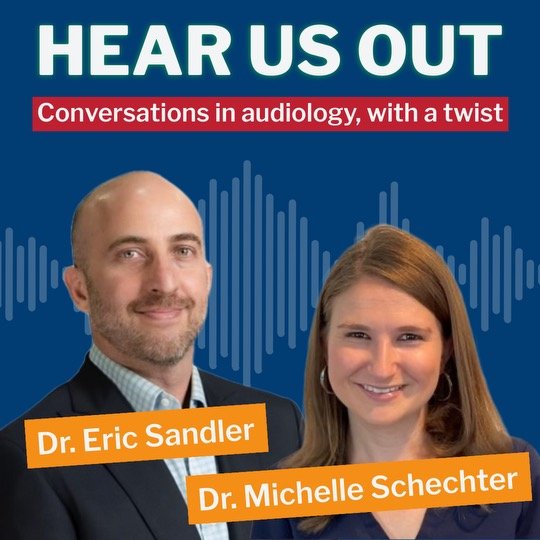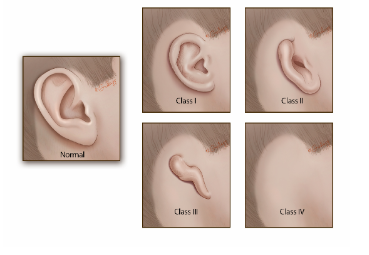Understanding Auditory Processing Disorder (APD) in Adults
Auditory Processing Disorder (APD) is a neurological condition that affects how the brain processes auditory information. While it is commonly diagnosed in children, many adults also experience symptoms that affect day to day life. For adults, APD can present unique challenges, particularly in work and social settings where effective communication is essential.
What Is Auditory Processing Disorder?
APD is not a hearing impairment; rather, it’s a difficulty in processing the information that is heard. This can lead to misunderstandings, confusion, and frustration.
Common Symptoms of APD in Adults
Adults with APD may encounter the following challenges:
1. Difficulty Understanding Speech in Noisy Environments
• Crowded areas, such as restaurants or offices, can be overwhelming. Background noise can make it hard to focus on a single speaker.
2. Misinterpretation of Words
• Adults with APD may confuse similar-sounding words, leading to misunderstandings during conversations.
3. Problems Following Directions
• Multi-step instructions may be difficult to process, especially if given verbally and quickly.
4. Struggles with Conversations
• Maintaining focus during lengthy discussions can be challenging, and individuals may need frequent repetitions to fully grasp what is being said.
5. Sensitivity to Background Noise
• Sounds that others can easily filter out, like humming machinery or multiple conversations, may become overwhelming and distracting.
6. Difficulty Remembering Auditory Information
• Short-term auditory memory can be impaired, making it hard to retain details or sequence information provided verbally.
7. Poor Musical and Rhythmic Ability
• Some adults with APD find it hard to detect patterns in music, rhythms, or speech inflections.
Impact on Daily Life
The symptoms of APD can affect multiple areas of an adult’s life:
• Workplace Challenges: Difficulty processing verbal instructions or participating in group discussions can hinder productivity and communication.
• Social Interactions: Struggles to follow conversations can lead to embarrassment or social withdrawal.
• Relationships: Misunderstandings with friends, family, or partners may arise due to misheard or misinterpreted communication.
Diagnosis and Treatment
Diagnosing APD involves specialized auditory tests conducted by audiologists. These tests assess the brain’s response to various sounds and patterns.
Treatment strategies often include:
• Auditory Training: Exercises to improve sound discrimination and listening skills.
• Environmental Modifications: Reducing background noise or using assistive devices, such as FM systems, to improve clarity.
• Communication Strategies: Learning to ask for repetitions, taking notes, or requesting written instructions to aid comprehension.
• Therapy: Speech-language therapy may help enhance auditory memory and processing abilities.
Coping Strategies for Adults with APD
1. Active Listening Techniques: Focus on the speaker and use visual cues to enhance understanding.
2. Request Clarifications: Don’t hesitate to ask others to repeat themselves or rephrase their statements.
3. Organize Information: Break instructions into smaller steps and write them down to ensure accuracy.
4. Use Technology: Noise-canceling headphones and voice-to-text apps can be helpful tools.
5. Self-Advocacy: Inform coworkers, friends, and family about APD to foster understanding and patience.
Final Thoughts
Auditory Processing Disorder in adults can pose significant challenges, but with proper diagnosis, treatment, and coping strategies, individuals can lead fulfilling personal and professional lives. Recognizing the symptoms and seeking support are the first steps toward managing APD effectively.
If you suspect you may have APD, consulting an audiologist or speech-language pathologist can provide clarity and guidance tailored to your specific needs.
